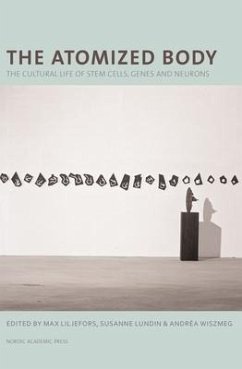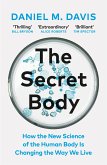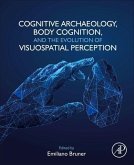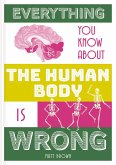Just like the first theories in physics viewed atoms as independent and surrounded by a void, our bodies' microscopic constituents are often portrayed as disconnected from the body as a unified organism, and from its cultural and social contexts. In this book the authors examine the relations between culture, society and bioscientific research and show how our bodies' singularised particles indeed still are socially and culturally embedded. In today's medicine, the biosciences are entangled with state power, commercialism, and cultural ideas and expectations, as well as with the hopes and fears of individuals. Therefore, biomedicine and biotechnology also reshape our perceptions of selfhood and life. From multidisciplinary perspectives, including visual studies, theology, and ethnology, this volume discusses the biosciences and the atomised body in their social, cultural and philosophical contexts.
Hinweis: Dieser Artikel kann nur an eine deutsche Lieferadresse ausgeliefert werden.
Hinweis: Dieser Artikel kann nur an eine deutsche Lieferadresse ausgeliefert werden.








